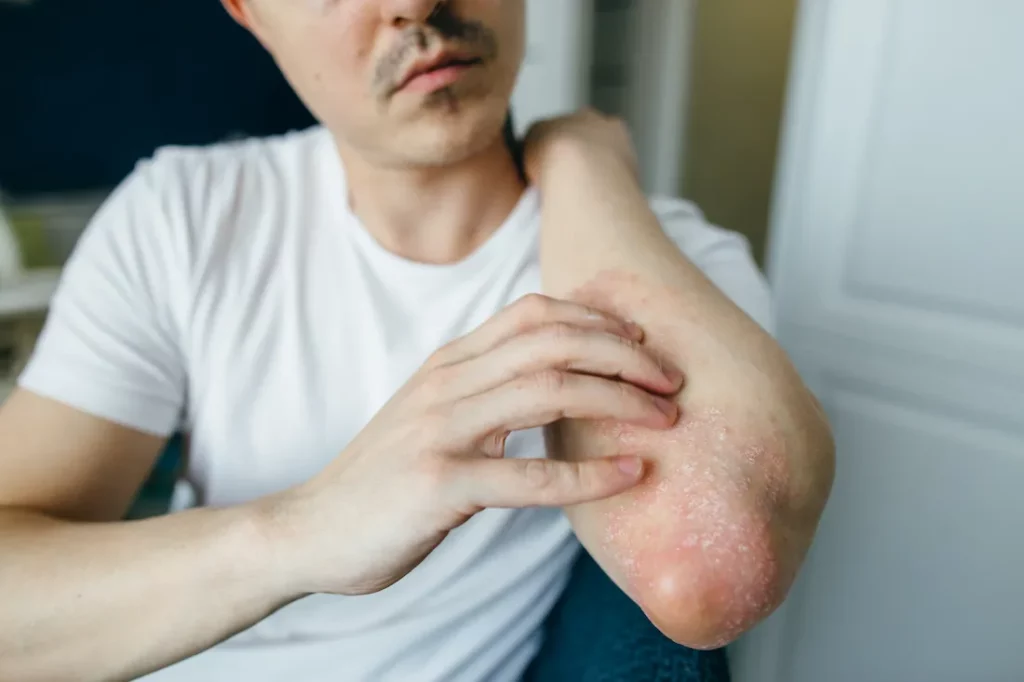I’m walking into a clinic. The sign in the buzzing neon light reads primary care asheboro nc. Inside, an Internist is prepping for the day, sleeves rolled up, stethoscope around the neck. This scenario may seem common, yet it’s a remarkable line of defense in safeguarding our health. Internists, the unsung heroes in the labyrinth of healthcare, play a critical role in detecting serious illnesses early on. Their keen eyes and quick minds have saved countless lives. Today, we delve into their world, exploring the vital part they play in early disease detection.
Unmasking the Heroes Behind the White Coats
Internists are not your typical doctors. They are detectives in the medical world. Their mission – to solve mysteries buried within the human body. They probe, they question, they listen. Hunting down signs of disease is their daily grind.
The Early Bird Catches the Worm
Imagine a disease as a time bomb. The sooner you spot it, the less damage it causes. Internists are brilliant at spotting these hidden threats. Their extensive training equips them with the skills to identify symptoms that others might miss. They are the first line of defense, often detecting serious diseases before they progress.
A Deeper Dive into Disease Detection
Let’s break it down. How do internists manage to detect diseases early on?
- Detailed Patient History: They dig deep into your past, uncovering the roots of your health.
- Thorough Physical Examinations: They examine you from head to toe, spotting any signs of illness.
- Diagnostic Tests: They use advanced tests to confirm their hunches or rule out possibilities.
Case in Point: Diabetes
Let’s take a walk down memory lane. A few decades ago, diabetes was often diagnosed late, when complications had already set in. The game changed with the rise of internists. They started catching clues early – frequent urination, extreme thirst, unexplained weight loss. Thanks to their sharp detection skills, diabetes is often diagnosed early, reducing the risk of complications.
The Takeaway
The role of an internist in early disease detection cannot be overstated. They are the sentinels of our health, constantly on the lookout for threats. Their work might seem ordinary, but its impact is extraordinary. They stand between us and a host of life-threatening diseases, catching them in the bud before they can wreak havoc on our bodies.
